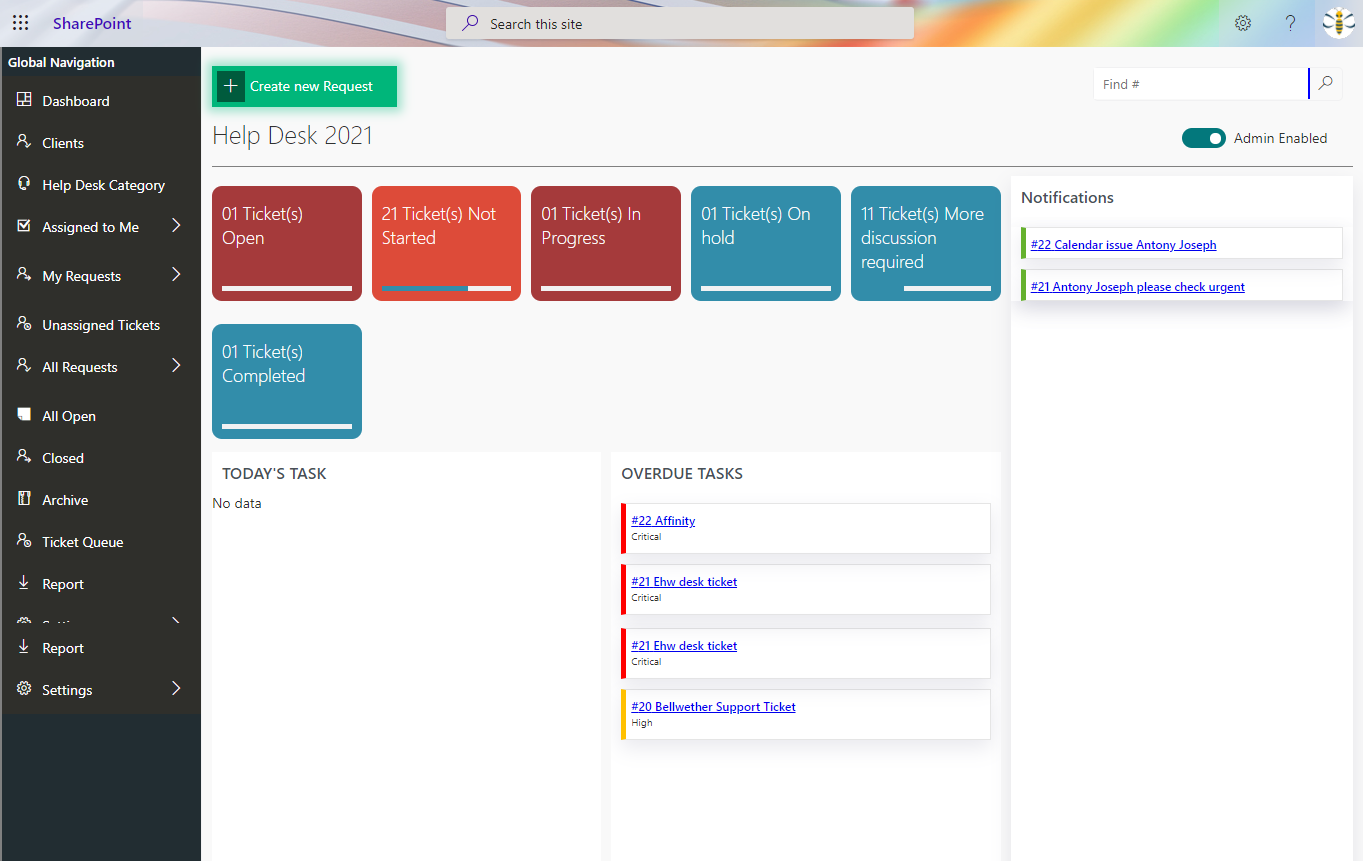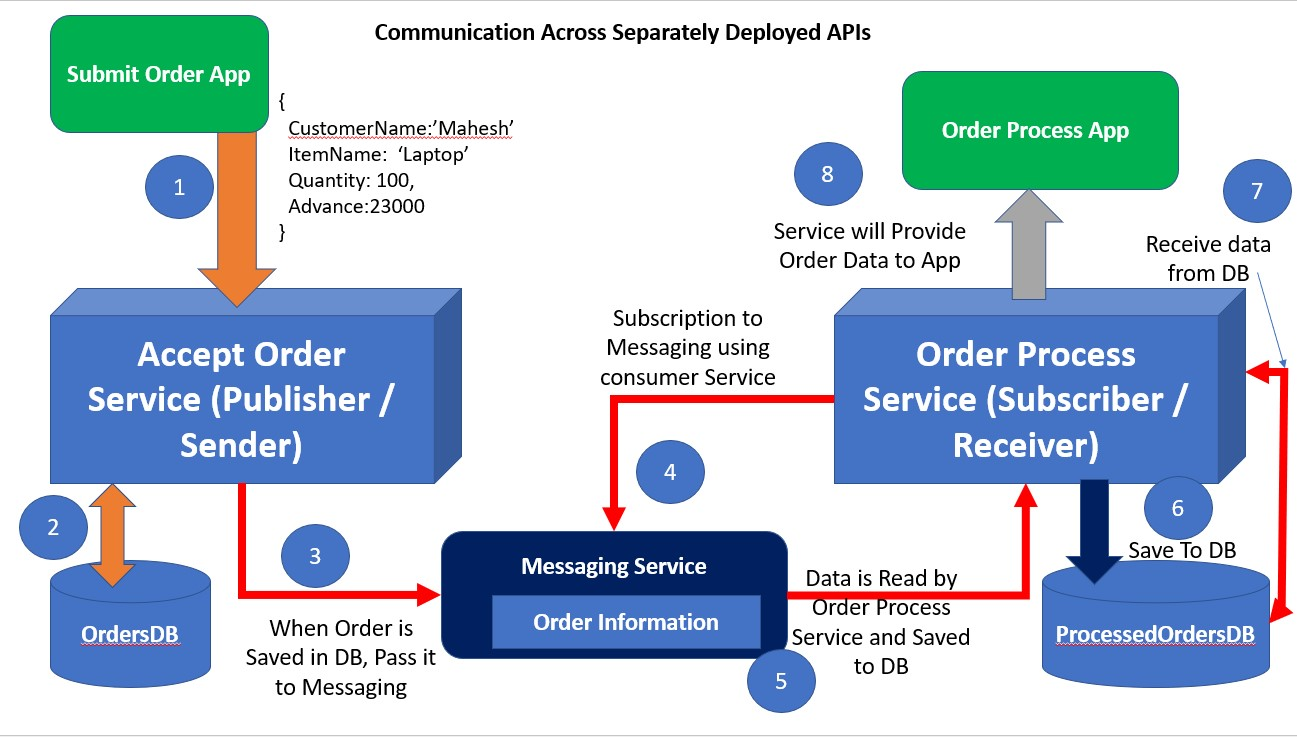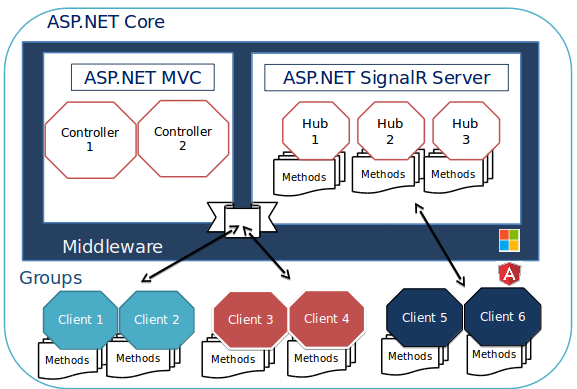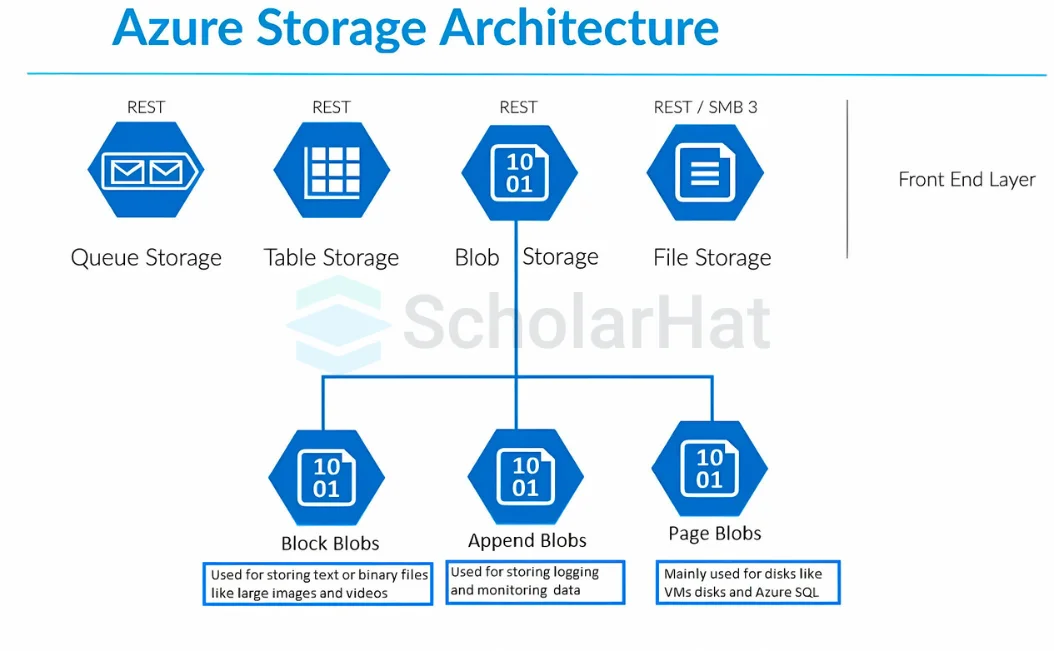Snowflake Pros and Cons
- Snowflake
- November 05, 2024
-
Snowflake Pros and Cons
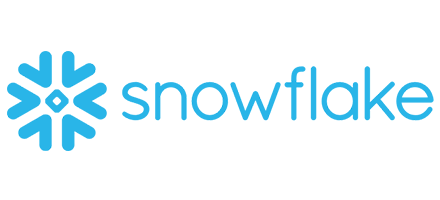
Snowflake is a cloud-based data warehousing platform that has gained popularity for its unique architecture and capabilities.
Here are some pros and cons of Snowflake:
· Pros:
o Scalability: Snowflake offers near-infinite scalability, allowing users to easily scale up or down based on their needs without worrying about infrastructure management.
o Performance: It leverages a distributed architecture that separates compute and storage, resulting in high performance for data processing and analytics tasks.
o Concurrency: Snowflake allows multiple users to simultaneously access and query data without affecting performance, thanks to its multi-cluster architecture.
o Flexibility: It supports both structured and semi-structured data, making it suitable for a wide range of use cases including data analytics, data warehousing, and data engineering.
o Ease of Use: Snowflake abstracts much of the complexity associated with traditional data warehousing solutions, offering a user-friendly interface and SQL-based querying.
o Security: It provides robust security features including encryption at rest and in transit, role-based access control, and data masking to ensure the protection of sensitive data.
o Cost Efficiency: Snowflake offers a pay-as-you-go pricing model, allowing users to pay only for the resources they consume, which can result in cost savings compared to traditional on-premises data warehousing solutions.
· Cons:
o Cost: While Snowflake's pay-as-you-go pricing can be cost-effective for many users, it may become expensive for organizations with large data volumes or high query loads.
o Dependency on Internet Connection: Since Snowflake is a cloud-based service, it requires a reliable internet connection for users to access and query data, which can be a limitation in areas with poor connectivity.
o Vendor Lock-In: Adopting Snowflake may result in vendor lock-in, as migrating data and workloads to another platform can be complex and time-consuming.
o Limited Ecosystem: While Snowflake integrates with many popular BI and analytics tools, its ecosystem may not be as extensive as some other data warehousing platforms, which could be a drawback for organizations with specific tooling requirements.
o Complexity of Data Pipeline: Building and managing data pipelines in Snowflake can be complex, especially for organizations with diverse data sources and complex data transformation requirements.
o Data Latency: Although Snowflake offers high performance, there may still be latency issues when dealing with very large datasets or complex queries, especially during peak usage times.
o Learning Curve: While Snowflake abstracts much of the complexity of traditional data warehousing solutions, there is still a learning curve for users who are new to the platform, particularly in understanding its architecture and best practices for optimization.
Overall, Snowflake offers a powerful and scalable solution for modern data warehousing and analytics needs, but organizations should carefully consider their requirements and evaluate the trade-offs before adopting it.
Start Your Data Journey Today With MSAInfotech
Take the first step towards data-led growth by partnering with MSA Infotech. Whether you seek tailored solutions or expert consultation, we are here to help you harness the power of data for your business. Contact us today and let’s embark on this transformative data adventure together. Get a free consultation today!

We utilize data to transform ourselves, our clients, and the world.

Partnership with leading data platforms and certified talents


